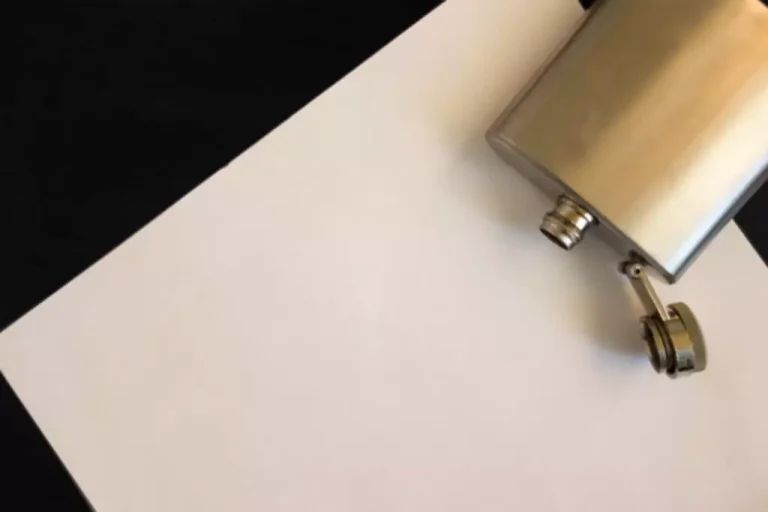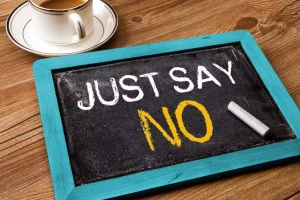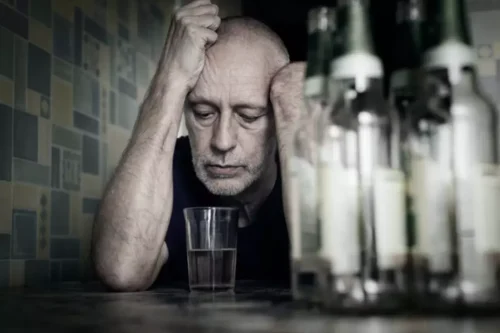How to stop drinking alcohol completely

Within just a month of not drinking, your body can begin to reap the benefits. Your liver can start to heal, your risks of heart disease and cancer go down, and you may begin to sleep better. Behavioral treatment programs are helpful for people who want to quit drinking. These programs involve working with a team of mental health professionals in a group and individual setting. For most people, alcohol withdrawal symptoms will begin sometime in the first eight hours after their final drink.
Unsupervised Medical Care
It’s OK in moderate amounts — which means no more than 1 drink a day for women — no more than 2 per day for men. If you’re simply looking to speak to someone on the phone or chat online for more advice on your own or someone else’s drinking, get in touch with Drinkchat or Drinkline. Similarly, try to identify the times when you would usually drink and fill the gap with something else. Would you usually head to the pub after work on a Friday evening?
When should your teen or tween start using skin products?
To determine whether—and where—you fall in the alcohol use disorder (AUD) spectrum, answer the following questions. Have a glass of water before you have alcohol and alternate alcoholic drinks with water or other non-alcoholic drinks. Before you start drinking, set a limit on how much you’re going to drink. If you’re having difficulty sticking to your goal or just want some extra guidance, consider reaching out for professional support.
You May Feel More Productive
- “Some people stop for two weeks, feel better, and go on to the other two weeks—and at the end of that, they say, ‘I didn’t need alcohol in my life—it’s causing more trouble than it’s worth,” Dr. Koob says.
- After 24 hours without alcohol, your body will start to detoxify and you may experience withdrawal symptoms.
- The National Institute on Drug Abuse (NIDA) suggests that 40% to 60% of people with substance use disorders experience a relapse at some point.
- By Kendra Cherry, MSEdKendra Cherry, MS, is a psychosocial rehabilitation specialist, psychology educator, and author of the “Everything Psychology Book.”
- If you’re living with alcohol use disorder (also known as alcoholism), you’ll likely benefit from additional medical interventions.
- Many people find that a combination of treatments works best, and you can get them together through a program.
Acknowledge what sparked your desire to drink and hone in on that trigger. Assess what needs to change to decrease the impact or frequency of that trigger. If it’s stress-related, find healthy ways to manage and cope, including going to therapy, delegating tasks and surrounding yourself with people who can support you. If it’s local haunts, take different routes to avoid those locations. But we know you can find a healthier, happier way to live with the right tools and support system. The irony of alcohol is that we often drink to feel relaxed, to tamp down anxiety.

Keep in mind the reasons you chose to cut back on or quit alcohol. At the end of the day, one of the most important tools you have at your disposal How to Stop Drinking is self-compassion. Instead of criticizing yourself for having a hard time or slipping up and having a drink, remember that no one’s perfect.

Perhaps because of an alcohol-related medical condition like liver disease, or because they start taking medication that reacts badly with alcohol. Below are some specific strategies to try, and you can add your own at the end. Check off perhaps two or three to try in the next week or two, then add others as needed. If you haven’t made progress in cutting down after two to three months, consider quitting drinking altogether, seeking professional help, or both.
Find more top doctors on
Recognizing the things in your life that trigger your desire to drink will further empower that decision. As your mind and body try to tell you that you need another drink, understanding what’s at the root of that thought or feeling is key in reaching a healthier https://ecosoberhouse.com/ state of sobriety. When you’re working to quit drinking, writing can help you come to terms with and realize things about your relationship with alcohol that you didn’t know before. In theory, setting one big giant goal of “never drinking again” makes sense.


Alcohol withdrawal is potentially fatal, especially for people with an alcohol addiction. Sometimes, they may experience seizures and delirium tremens (DTs). Talk to a medical professional if you have any concerns about tapering off alcohol. They can provide recommendations to help you avoid harmful side effects.
Find a supportive friend or family member to be with you while you withdraw and support your new non-drinking lifestyle. Unstable vital signs increase the risk of complications and can be managed with medications. People who experience severe withdrawal symptoms or DTs may require hospitalization or intensive care unit (ICU) treatment during alcohol. A rare but very serious syndrome called delirium tremens can occur during alcohol withdrawal.
